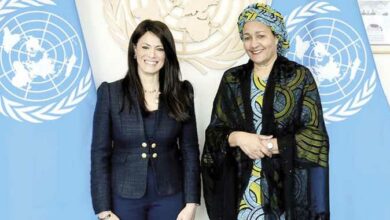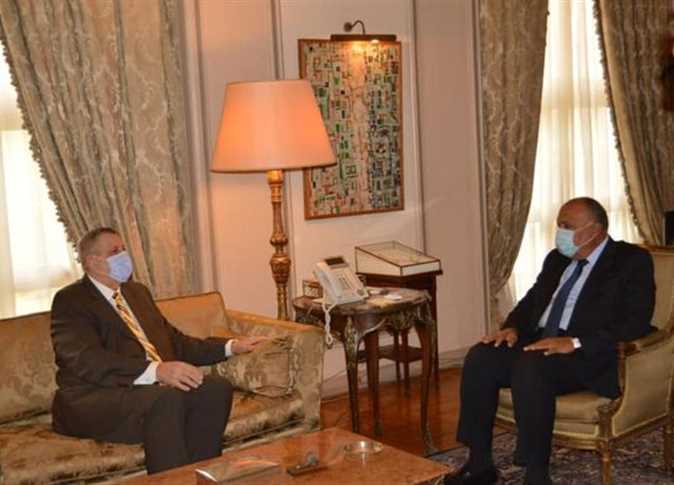
The United Nations human rights chief expressed serious concern on Friday over the recent deaths and injuries during protests in Egypt, also criticizing the process of drafting the constitution and some of its articles.
“The lack of inclusive participation of various actors in Egypt in the constitution-drafting process is a matter of major concern, and one of the main reasons for the disastrous situation that has been developing in Egypt over the past couple of weeks,” High Commissioner for Human Rights Navi Pillay said in a news release.
“This is the last thing Egypt needs during such a difficult period of transition, but I believe people are right to be very concerned – not just about the way the process has been short-circuited, but also about some of the elements included in, or missing from, the draft text.”
Seven people have died and hundreds have been wounded so far this week in clashes between supporters and opponents of President Mohamed Morsy.
On Friday, thousands of protesters gathered in front of the presidential palace where Morsy's offices are located, after marching from various corners of the city. Protests were also held in several other governorates.
The draft, Pillay said, contained some important positive elements, such as the limitation of the presidency to two four-year terms and the inclusion of the right to establish associations and civil institutions.
“The draft constitution provides guarantees to some human rights,” she said. “However, there are also some very worrying omissions and ambiguities, and in some areas the protections in it are even weaker than the 1971 Constitution it is supposed to replace.
In particular, Pillay pointed to the absence in the current draft of any reference to the international human rights treaties which Egypt has ratified, and is bound to uphold.
She said the 1971 Constitution, by contrast, had stipulated the legal standing of these treaties.
Egypt is a State Party to seven international human rights treaties, including those relating to eliminating discrimination against women, promoting civil and political rights, ensuring the rights of children, and prohibiting torture.




